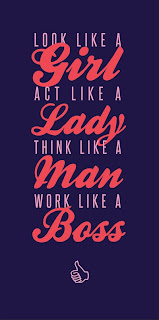DH Incubator Pitch
Today I pitch my research idea for the DH Incubator. The University of Maryland Libraries have held a series of workshops on getting started in the Digital Humanities this last semester. The last workshop (today's) is the pitch for attendees DH projects. My project is the independent study that I am planning to do for the spring semester. I don't anticipate my project being chosen for the DH Incubator, but am hoping that by presenting it I can get the support of University of Maryland Libraries' faculty and staff. Which will help me complete my independent study and hopefully complete the beginnings of a publishable article by the end of the semester. The slides for my proposal explain that I would like to examine "the information seeking behaviors of humanities instructors for digital resources" in librarian speak. Or "what makes DH useful for instruction" for everyone else. Then I have to decide if I want to submit my proposal as a topic for D...




